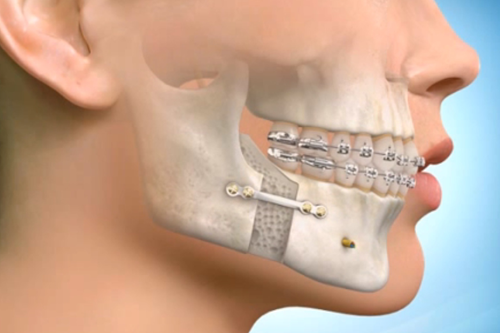Jaw surgery, medically known as orthognathic surgery, is a procedure designed to correct a wide range of minor and major skeletal and dental irregularities, including the misalignment of jaws and teeth. This surgery can improve not only the appearance of the face but also its functionality هزینه جراحی فک, such as chewing, speaking, and breathing.
Why is Jaw Surgery Needed?
People may need jaw surgery for several reasons, including:
-
Correcting Bite Problems: Issues like underbite, overbite, crossbite, or open bite can make chewing difficult or painful.
-
Improving Facial Appearance: Jaw misalignment can cause facial asymmetry or an unbalanced profile.
-
Addressing Sleep Apnea: In some cases, jaw surgery can help alleviate obstructive sleep apnea by enlarging the airway.
-
Fixing Trauma or Birth Defects: Injuries or congenital conditions like cleft palate may require surgical intervention.
-
Resolving TMJ Disorders: Temporomandibular joint (TMJ) dysfunction that causes pain or limited jaw movement.
What Happens During Jaw Surgery?
Jaw surgery usually involves careful planning and coordination between an oral and maxillofacial surgeon and an orthodontist. The typical process includes:
-
Pre-Surgical Orthodontics: Braces or aligners may be used for several months to position the teeth properly before surgery.
-
Surgical Procedure: Depending on the type of misalignment, the surgeon repositions the upper jaw (maxilla), lower jaw (mandible), or both. The bones are then stabilized using plates, screws, or wires.
-
Recovery: Patients usually stay in the hospital for 1-3 days. Swelling and discomfort are common, and a soft diet is recommended during healing.
-
Post-Surgical Orthodontics: Additional orthodontic treatment might be needed to fine-tune teeth alignment.
Types of Jaw Surgery
-
Maxillary Osteotomy: Surgery on the upper jaw to correct issues like a too-small or too-large upper jaw.
-
Mandibular Osteotomy: Surgery on the lower jaw to fix underbites or protruding chins.
-
Genioplasty: Surgery to reshape or reposition the chin for better facial harmony.
Risks and Considerations
Like any surgery, jaw surgery carries risks such as infection, nerve damage, bleeding, and the possibility of needing further procedures. However, with modern surgical techniques and experienced specialists, complications are relatively rare.
Benefits of Jaw Surgery
-
Improved bite and chewing function
-
Enhanced facial balance and aesthetics
-
Better speech clarity
-
Relief from jaw pain or TMJ disorders
-
Improved breathing, especially for sleep apnea sufferers
Conclusion
Jaw surgery is a powerful solution for those suffering from jaw misalignment and related functional problems. While it requires a significant commitment of time and recovery, the results often lead to profound improvements in quality of life, self-confidence, and health. If you or someone you know struggles with jaw-related issues, consulting with a qualified oral and maxillofacial surgeon can be the first step toward lasting relief and enhanced well-being.
